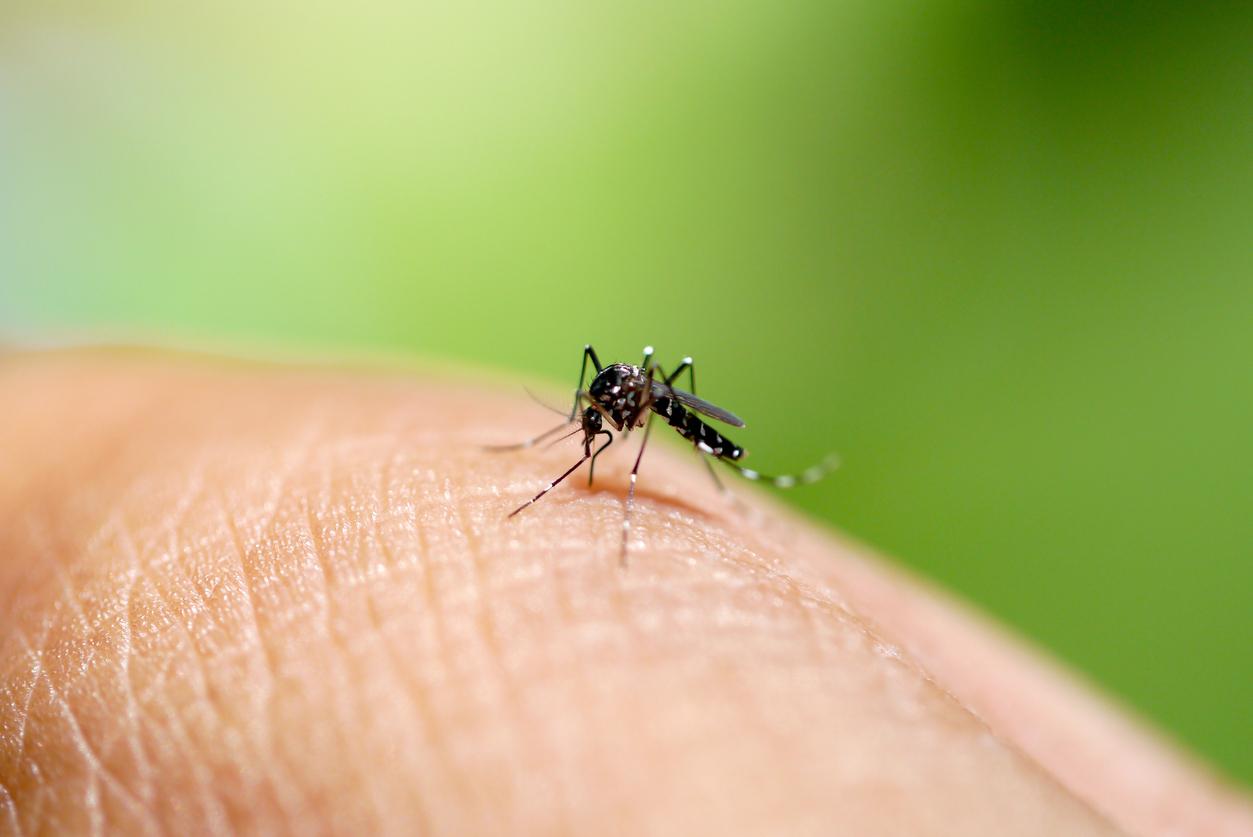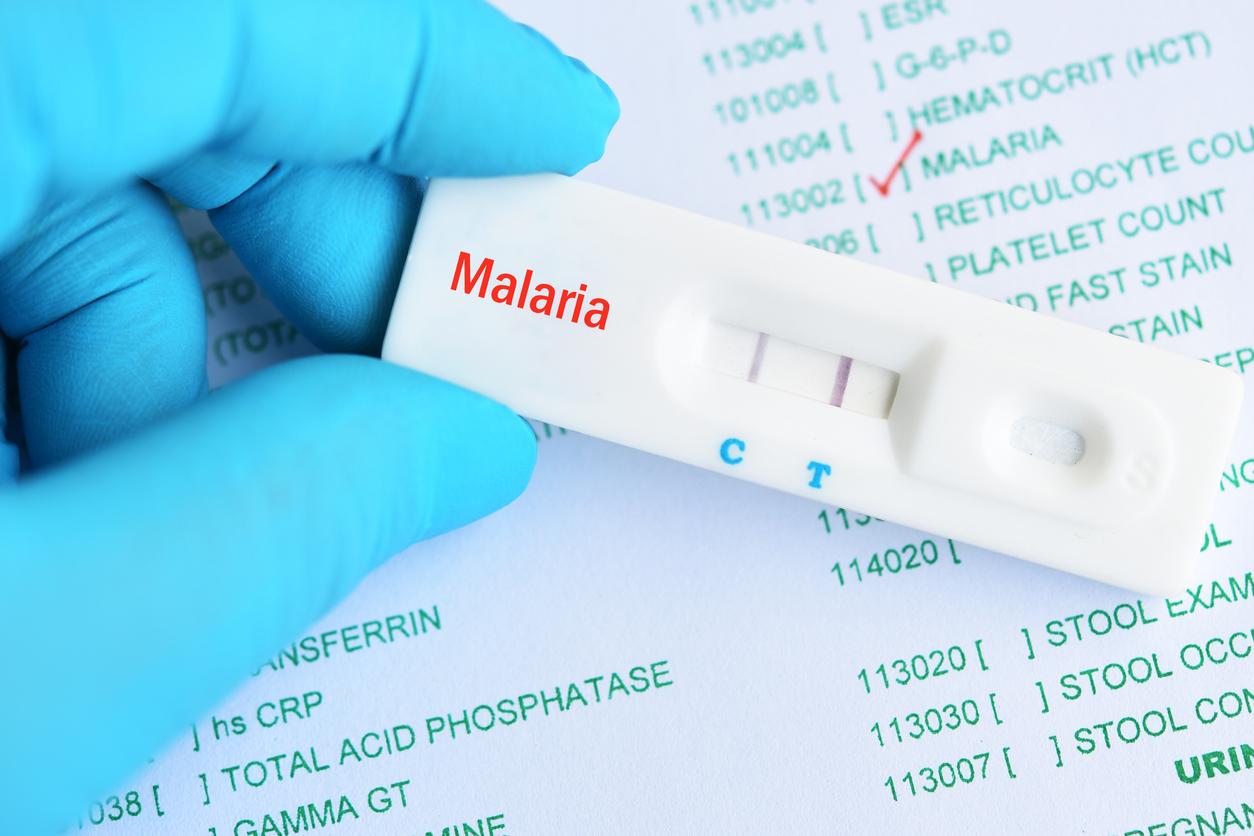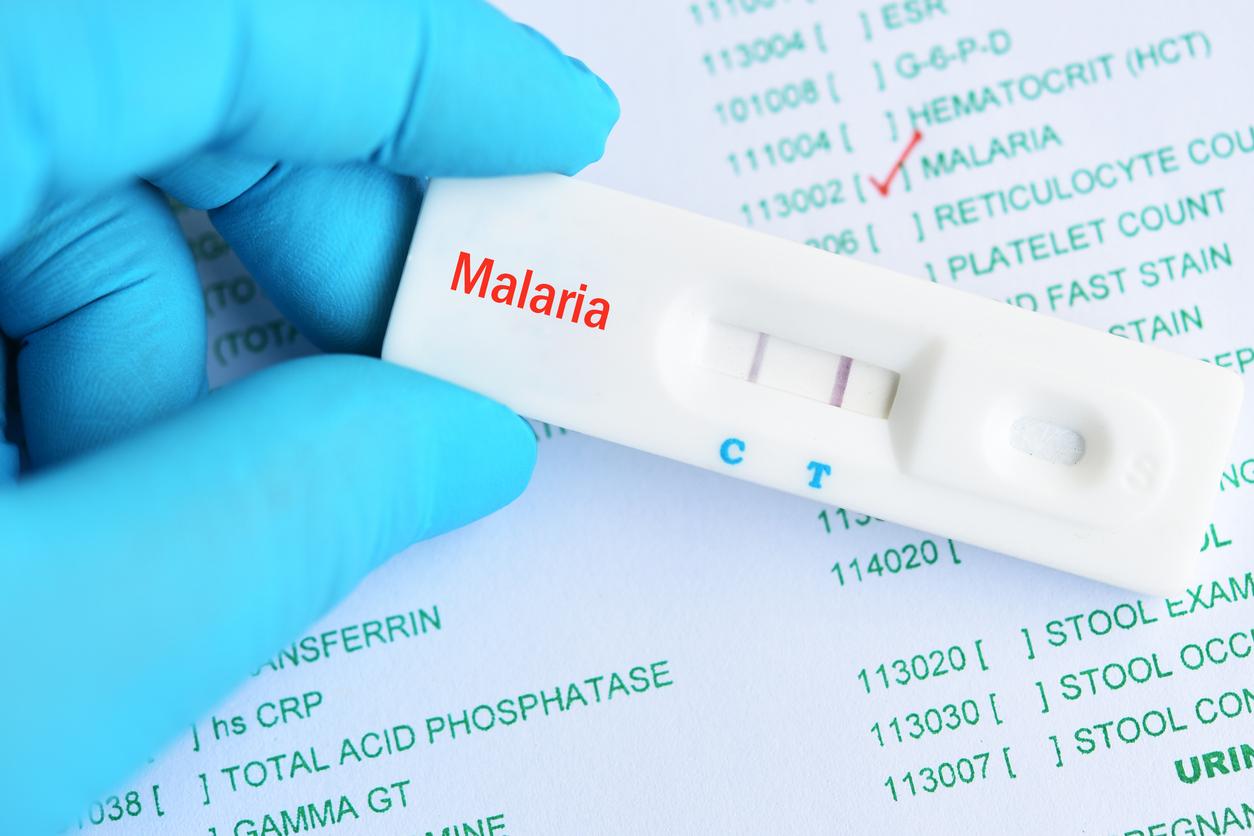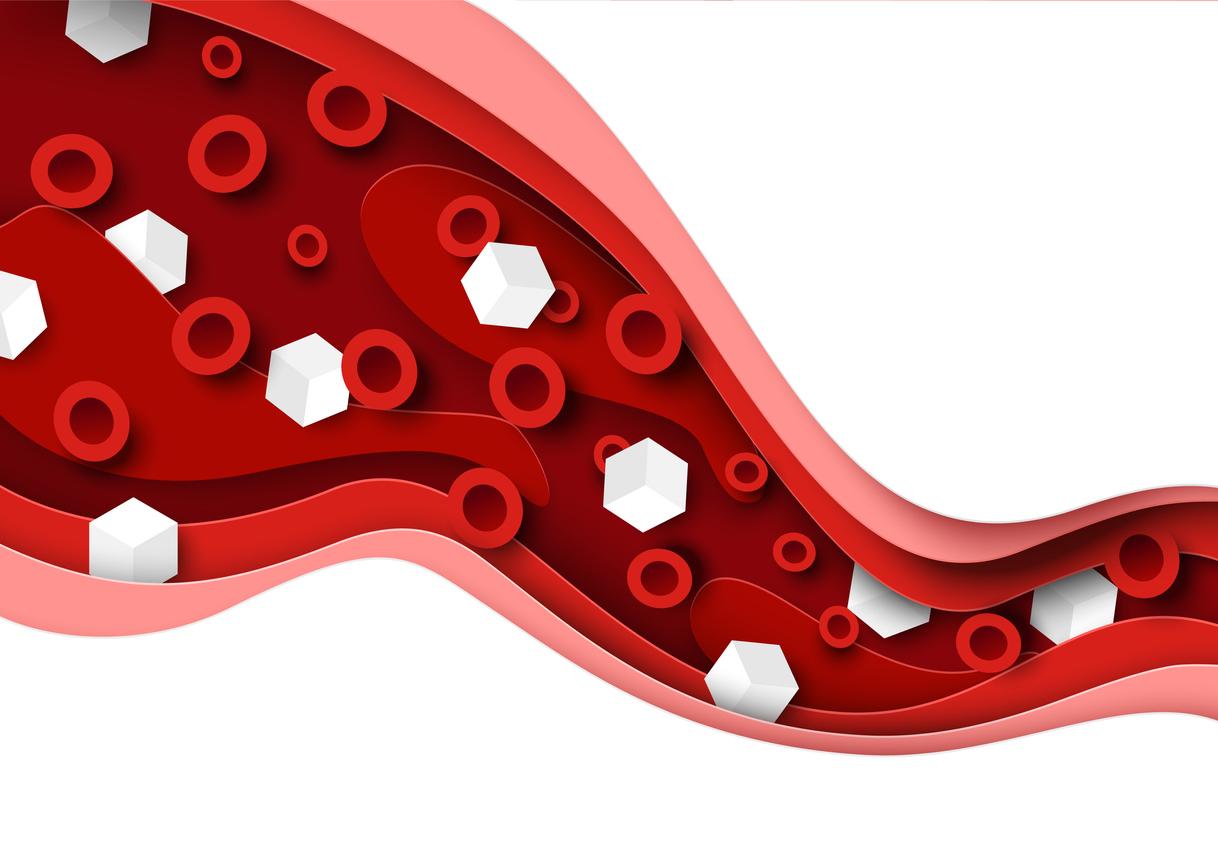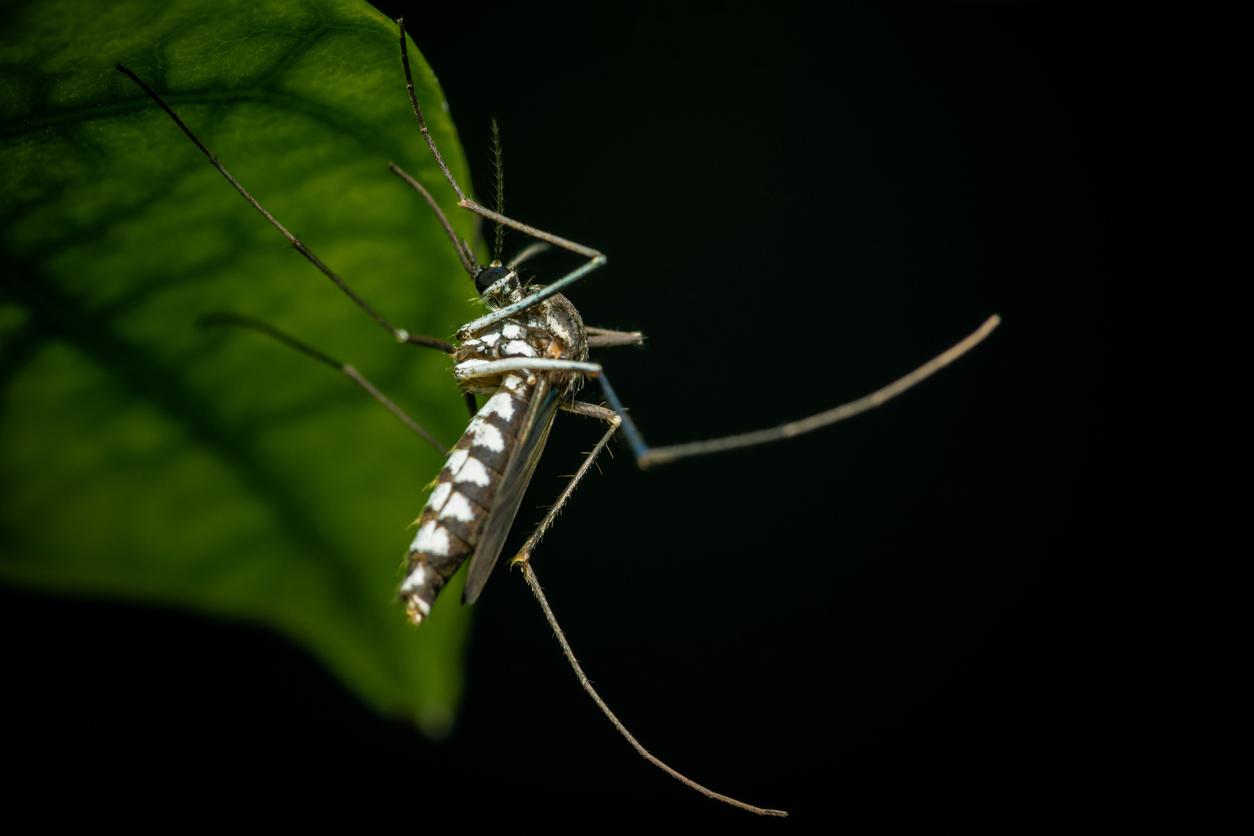Researchers at St. Jude Children’s Research Hospital (Tennessee, USA) have developed a compound, named “(+) – SJ733” that could destroy red blood cells infected with malaria and leave healthy cells alive, according to the results of a new scientific study published in the medical journal Proceedings of the Academy of Sciences.
Tested on mice with malaria, this compound eliminated 80% of the parasites in 24 hours. After two days of treatment, the malaria had become completely undetectable. The results of this study are encouraging because drug resistance is one of the challenges in the fight against malaria. Phase 1 clinical trials (carried out on healthy volunteers) are already scheduled.
the malaria is a potentially fatal parasitic disease transmitted by mosquitoes. It has the particularity of being able to remain “dormant” in the human body. After the bite of an infected mosquito, the parasite responsible for malaria reaches the liver where it multiplies. It spreads in the blood where its proliferation can cause the death of the affected person. But, in some cases, a fraction of the liver parasites can remain “dormant” for a year or more, hence their name hypnozoite. These wake up over time and cause a blood infection.
Malaria in figures
Between 2000 and 2013, the death rate linked to malaria decreased by 470% globally and 54% in Africa, according to the annual report of the World Health Organization. The equivalent of 4.3 million lives have been saved. However, 198 million cases of malaria and 584,000 deaths were recorded in 2013.
Read also:
Malaria: a new form of the disease is emerging
Fight against Ebola: measles and malaria take advantage of this to spread
How to protect yourself from mosquitoes








